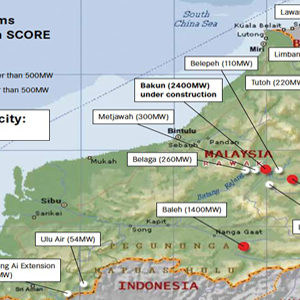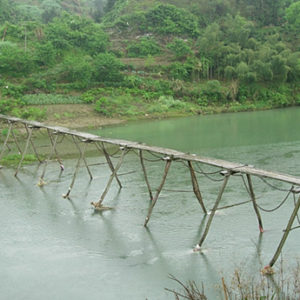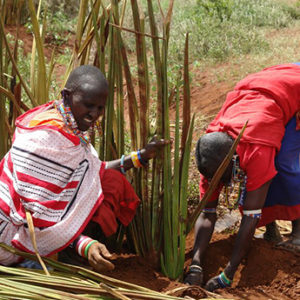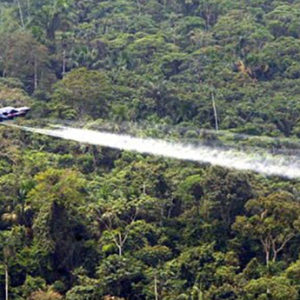
Borneo’s Baram Dam moratorium: victory or election-year stunt?
Over the last few months, the Chief Minister of Sarawak, Adenan Satem, has said that he has issued a “moratorium” on the massive proposed Baram Dam on the Baram River. Sarawak is a Malaysian state on the island of Borneo that is threatened by multiple massive hydro-electric dams called the SCORE project. While some local […]




